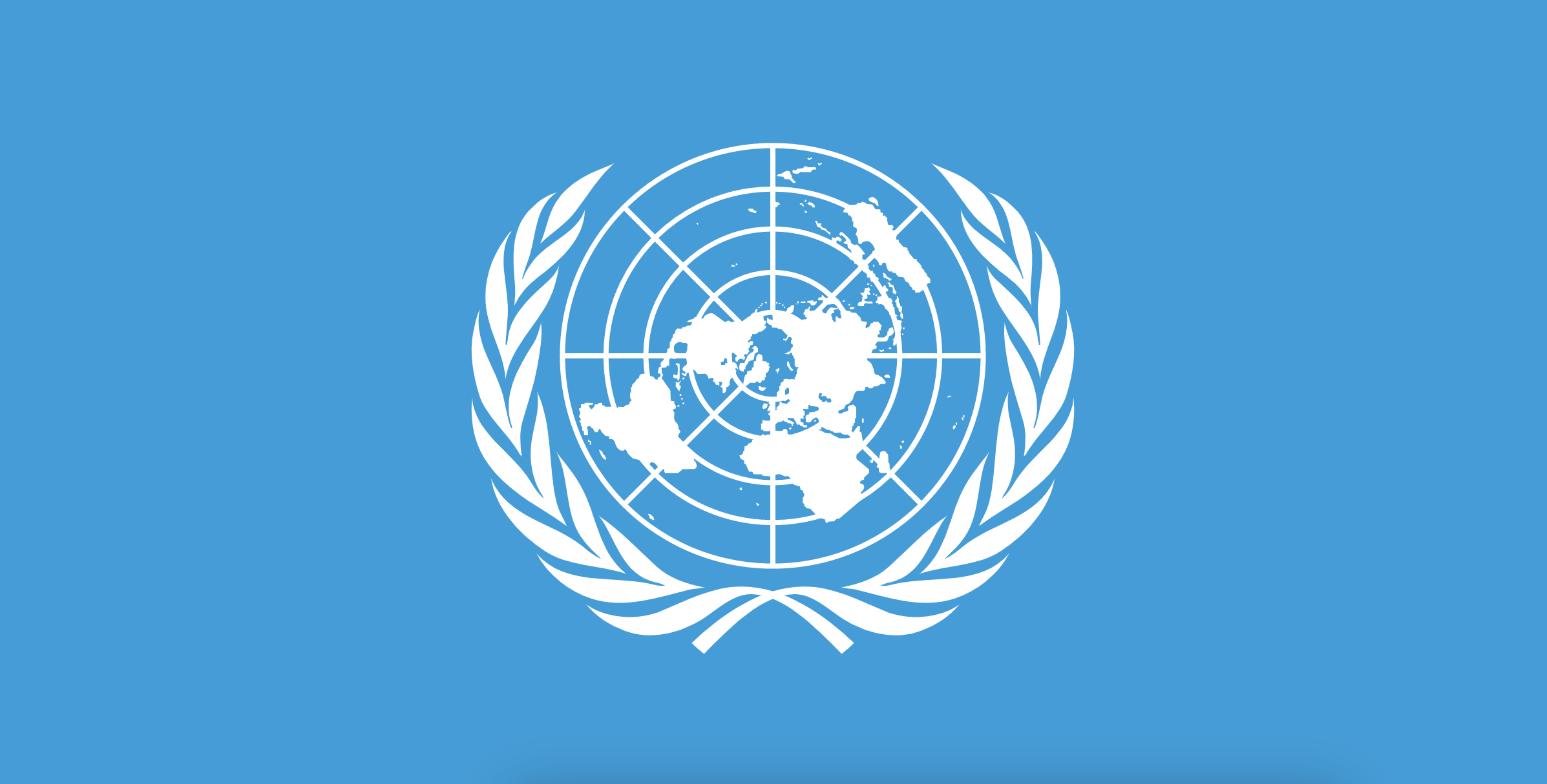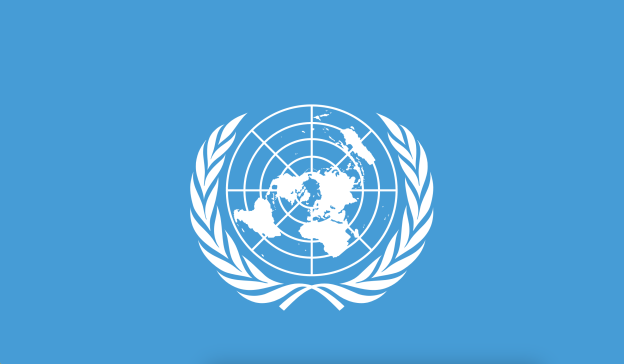
On December 6, ICLMG participated in a consultation process intended to gather the views of civil society regarding the recommendations received by Canada at the United Nations on November 10 in the context of its 4th Universal Periodic Review (UPR).
Through the UPR, the Human Rights Council reviews, on a periodic basis, the fulfilment by each of the 193 UN Member States of their human rights obligations and commitments.
We were asked to suggest which recommendations should be prioritized and how we think those should be implemented. Here is what we shared – in line with our mandate:
HOW TO IMPLEMENT CERTAIN RECOMMENDATIONS
Recommendation 76: Continue to strengthen the legislative and institutional foundations to combat discrimination against Indigenous Peoples, migrants, refugees, people of African descent and minorities, and to combat Islamophobia (Egypt);
We recommend Canada accepts this recommendation. As our mandate specifically relates to the impact of national security and the “War on Terror” on civil liberties – and as this impact is overwhelmingly and disproportionally felt by Muslim communities, and those perceived as Muslim – our input will be specifically linked to some ways Canada can combat Islamophobia:
- Stop the prejudiced targeting of Muslim charities by the Canada Revenue Agency
- Cancel Canada’s planned armed drones purchase (as drone strikes have been used heavily on Muslim-majority countries)
- End dubious and biased counter-radicalization programs
- Abolish the due process and rights-violating no-fly list and security certificate regimes – and stop deportation proceedings against Mohamed Harkat.
- Reform the Extradition Act (as recommended by the House of Commons Justice committee) – as well as commit to not extradite Dr. Hassan Diab again.
- In addition to ratifying the Optional Protocol to the Convention against Torture (recommended by 25 countries), Canada should provide full redress regarding its complicity in torture in the cases of Abdullah Almalki, Ahmad El Maati, Muayyed Nureddin, Omar Khadr, Abousfian Abdelrazik & Mohamedou Ould Slahi – as well as change its laws to ensure that the sharing of information that might have been obtained through torture or might lead to torture be fully prohibited.
Recommendation 117: Take effective steps to address racial and religious profiling and oversurveillance by police, security agencies and others, which frequently target Muslims and Arabs, or those perceived to be Muslims or Arab (Azerbaijan); Recommendations 118, 119 and 120 call for similar actions.
We recommend Canada accepts them and implements them in the following ways:
- CSIS visits to Muslims’ homes, schools, places of worship and work places “just to chat” should not be allowed; these visits have increased recently in the context of pro-Palestinian rights protests.
- We need new and better laws than the ones proposed right now (such as Bill C-27) that would effectively rein in spy agencies’ mass surveillance powers as well as their use of new technologies – like facial recognition and AI – including creating “no go zones” and severely restricting their use by national security and law enforcement agencies.
- We need clearer laws against racial and religious profiling where they are lacking; these laws should prohibit stops unless a person truly matches the description of a suspect or they have been seen committing a crime (no stop should be allowed because “the person looked suspicious”). Laws should discourage that behaviour by mandating accountability, reparation (taken from agencies’ pensions, not taxpayers’ dollars), more training to combat biases as well as suspensions without pay during investigations of alleged cases of profiling.
Recommendation 128: Repatriate all its nationals from the camps and the related facilities in the northeast of the Syrian Arab Republic, in line with international law (Syrian Arab Republic)
We recommend Canada accepts this recommendation and acts immediately. Canada is complicit in grave human rights violations by not repatriating its citizens who are arbitrarily detained in conditions akin to torture, including according to international law and its own Charter of Rights and Freedoms. Section 6 of the Charter states that all citizens have a right to enter Canada – which Canada is preventing by not giving the permissions necessary for their return, even when a delegation was sent there last summer to bring them home – effectively banishing its citizens indefinitely. Canada should also repatriate the non-Canadian mothers of Canadian children as to not separate parents and children in accordance with international law.
In line with our mandate, we also recommend Canada accepts and implements the following recommendations:
46: Make official information about the implementation of UPR recommendations, accessible to the public and communicate such information to the Parliament (State of Palestine);
300: End ongoing militarization of Indigenous lands and the criminalization of Indigenous defenders to protect their original settlement (Democratic People’s Republic of Korea);
301: End the ongoing militarization of Indigenous lands and the criminalization of Indigenous human rights defenders in the Trans Mountain and Coastal GasLink pipelines (Iran (Islamic Republic of));
326: Put an end to the policy of detaining children seeking asylum, refugees, or migrants in irregular situations (Niger);
– Ratify the Convention on the Protection of All Persons from Enforced Disappearance (CED) (recommended by 15 states);
– We also support numerous recommendations from multiple states regarding Israel and Palestine, specifically:
We are encouraged by the fact that Canada has finally called for a ceasefire. However, calling for a ceasefire while continuing to support Israel militarily is contradictory and counter-productive. Canada should thus stop all forms of support of the Israeli apartheid colonial settler regime that enable it to commit war crimes and genocide against the Palestinian people – including putting a stop to all sales and transfers of arms to Israel.
RECOMMENDATIONS CANADA SHOULD NOT ACCEPT
Recommendation 62: Stop all forms of support for terrorist activities that operate under the pretext of alleged humanitarian work (Syrian Arab Republic);
We recommend that Canada does NOT accept this recommendation. The association of humanitarian work with terrorism is unsupported and harmful. We congratulate the federal government for finally adopting an exemption to Canada’s laws on countering terrorist financing for the provision of humanitarian assistance. This change came thanks to concerted pressure from civil society groups, and gives greater certainty to humanitarian organizations in carrying out their work.
Bill C-41, adopted in June, did not unfortunately go far enough. The exemption does not apply to many Canadian international assistance organizations that carry out vital activities, but which are not exclusively humanitarian in nature, including in regards to provision of health services, defence of human rights, efforts towards peace-building and support towards earning a livelihood. These organizations are now required to go through an unclear, burdensome and invasive authorization process that could negatively impact their work, their staff as well as their safety on the ground. More information about our concerns with C-41.
Recommendation 138: Further strengthen the domestic framework to prevent misuse of freedom of expression for inciting violence and disallow activities of groups which are promoting extremism (India);
We recommend that Canada does NOT accept this recommendation. In an exercise that is meant to protect human rights, we are concerned by the fact that this recommendation is calling for the curtailing of freedom of expression.
Firstly, there is no misuse of free expression to incite violence. Canada has laws that prohibit hate speech, incitement and threats of violence – they are not always enforced when they should be but it’s not an issue of misusing free speech. In the current context of protests for Palestinian rights and lives, the wrongful conflation of support for rights and calls for ceasefire with the support for hate, terrorism or incitement to violence IS a huge problem. Canada must denounce this conflation and be more vocal in its support for free expression. Canada must also be cautious in its efforts to protect – for example – against online harms, so as not to further silence voices from oppressed communities.
Secondly, we are noticing with concerns – at the UN and internationally – the increase use and calls for the use of counter “extremism” as a way to silence free expression, dissent, human right defenders and political opponents. Putting rights-affirming social programs in place that address the root causes of all types of violence is key – but the use of vague terms like extremism often leads to the repression and criminalization of activities and speech outside the mainstream, status quo or simply critical of governments in power. Legislating against “the promotion of extremism” is nothing more than thought policing and must absolutely be avoided.
********
For more details and specific recommendations we have made for Canada to protect civil liberties in the context of anti-terrorism and national security, see our full submission to the United Nations’ UPR process, as well as a summary of it: https://iclmg.ca/submission-canada-upr-2023/
Since you’re here…
… we have a small favour to ask. Here at ICLMG, we are working very hard to protect and promote human rights and civil liberties in the context of the so-called “war on terror” in Canada. We do not receive any financial support from any federal, provincial or municipal governments or political parties. You can become our patron on Patreon and get rewards in exchange for your support. You can give as little as $1/month (that’s only $12/year!) and you can unsubscribe at any time. Any donations will go a long way to support our work. You can also make a one-time donation or donate monthly via Paypal by clicking on the button below. On the fence about giving? Check out our Achievements and Gains since we were created in 2002. Thank you for your generosity! You can also make a one-time donation or donate monthly via Paypal by clicking on the button below. On the fence about giving? Check out our Achievements and Gains since we were created in 2002. Thank you for your generosity!

|






